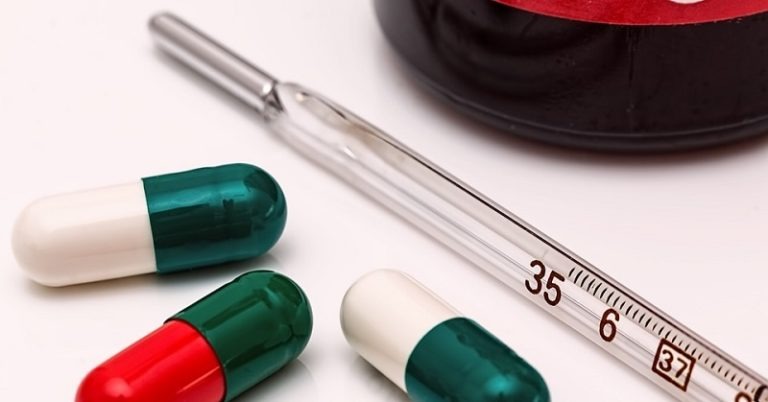The United Arab Emirates has intensified enforcement of media standards after the UAE Media Council took legal action against a social media advertiser for promoting a health-related product with false and unapproved medical claims. The move underscores the country’s commitment to combating misinformation and ensuring accountability in digital advertising.
The case falls under the new Media Regulation Law, which came into effect on May 29 and includes strict guidelines for advertising, particularly for health and wellness products. Authorities confirmed that the advertiser was summoned and that legal proceedings have been initiated in response to the violation. The UAE Media Council emphasized that the advertisement breached approved content standards and misled the public by making therapeutic claims without scientific validation or prior approval from health authorities.
The Media Regulation Law defines a wide range of content-related violations and sets out penalties to promote responsible media practices, protect public interest, and maintain social cohesion. Fines under the law range from AED 5,000 to AED 150,000 depending on the severity and recurrence of the offense. Repeat violations can lead to escalated sanctions, including suspension of media activities.
To strengthen oversight, the UAE Media Council established a permanent Media Content Standards Violations Committee. Comprising three to seven media experts, the committee reviews violations and determines appropriate sanctions, evaluating cases based on potential social, economic, or political harm caused by the content.
The law also ensures due process by providing a clear grievance mechanism for advertisers. Once notified of a violation, an individual or entity has 15 days to submit a written appeal with supporting documentation. The committee is required to issue a decision within 15 days. If no decision is delivered within this period, the grievance is automatically considered rejected. This process provides transparency and accountability in regulatory enforcement.
Health-related advertising is subject to especially strict rules under the law. All medical or therapeutic products must receive prior approval from the Ministry of Health and Prevention before promotion. Advertisers are prohibited from making false or exaggerated claims, and they must provide scientific evidence to support any health-related statements.
In line with these regulations, the UAE Media Council introduced the “Advertiser Permit” on July 30. This permit requires all individuals or entities posting advertising content on social media platforms, including Instagram, Facebook, and WhatsApp, to obtain approval, regardless of whether the content is paid or unpaid. Influencers and content creators are held to the same standards as licensed media outlets, reinforcing the council’s efforts to ensure a trustworthy media environment.
The UAE Media Council stressed that ongoing monitoring of digital advertising is crucial to protect consumer interests and maintain public trust. All stakeholders, from corporate entities to individual content creators, are urged to comply fully with regulatory requirements, avoid misleading claims, and operate transparently.
This legal action demonstrates the UAE’s proactive stance in regulating social media content and enforcing high standards for digital advertising. By targeting false medical claims and requiring verification, the UAE aims to safeguard public health, strengthen media accountability, and foster a safe and transparent online environment for users and businesses alike.
The case highlights the broader objective of the UAE’s media regulation framework: to maintain a reliable, responsible, and well-governed media landscape that protects the public while supporting innovation and growth in the digital space.



